Every Legend of Zelda Game Ranked from Worst to Best
They're some of the greatest games ever made, but which Legend of Zelda title is the best of them all? Plus, see where Echoes of Wisdom landed in our ranking!
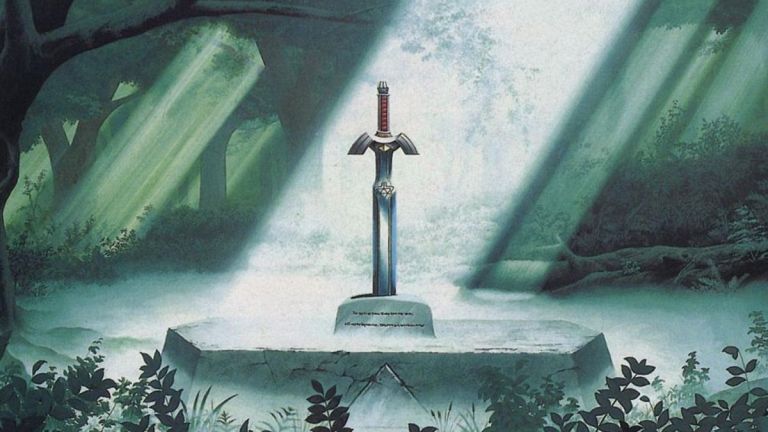
There is no gaming franchise quite like The Legend of Zelda. For over 35 years, the Legend of Zelda name has been synonymous with greatness. The major games in the franchise don’t just live up to an almost impossible standard of quality but often find ways to raise the bar yet again. It’s no surprise that so many Zelda fans seem to have so many personal favorite Zelda games. You could easily make an argument for any Zelda game being the best Zelda game.
That’s honestly what makes ranking Zelda games and debating those rankings so much fun. In a franchise without a clear hierarchy, discussing our favorite (and least) favorite Zelda games often reveals a little about us and a lot about the many ways a Zelda game can be great.
Before you dive into these rankings, here are a few points to consider:
– This list follows a “timeline rule.” If it’s on the Zelda timeline and part of the main Zelda canon, it was eligible for this list.
– Zelda spin-offs are not included on this list, though few of them would have been ranked above the lowest-ranked games on this list. That said, Cadence of Hyrule and Hyrule Warriors are both very good Zelda spin-offs.
– Finally, remakes and remasters do not have separate entries on this list. For ranking purposes, the best possible version of each game was considered the “eligible” title.
With that out of the way, let’s look at the worst (relatively speaking) and the best Zelda games ever made.
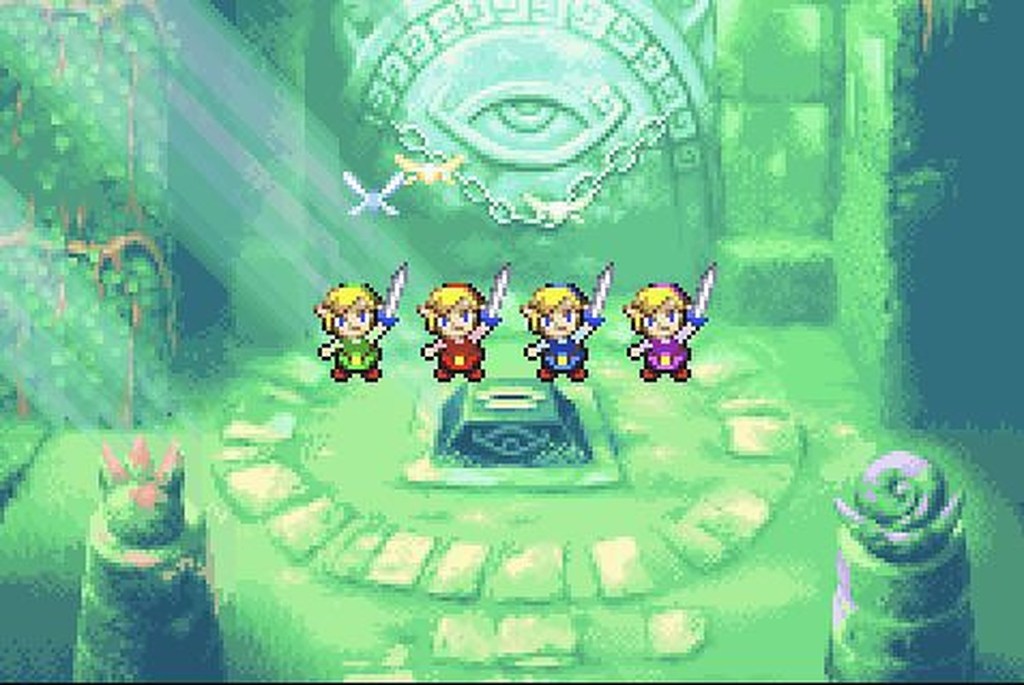
20. The Legend of Zelda: Four Swords
Four Swords is as close as we’ll get to a spin-off on this list. Released in 2002 as part of A Link to the Past’s GBA port, Four Swords offered an early taste of Zelda multiplayer action. It’s not much, but it’s in the canon, so it’s on this list.
To be fair, Four Swords does deserve a little more love than it typically gets. It’s an incredibly enjoyable little co-op adventure that greatly benefits from its Minish Cap-style visuals. For what was essentially a “free” add-on, it’s a novel title that offers a few fun hours at the very least.
Unfortunately, there’s just not much here. Four Swords is a fun little distraction competing against true epics and, more importantly, games that expand upon pretty much all of its basic concepts. Still, it’s a testament to the quality of the franchise that this fundamentally fun game is this low.
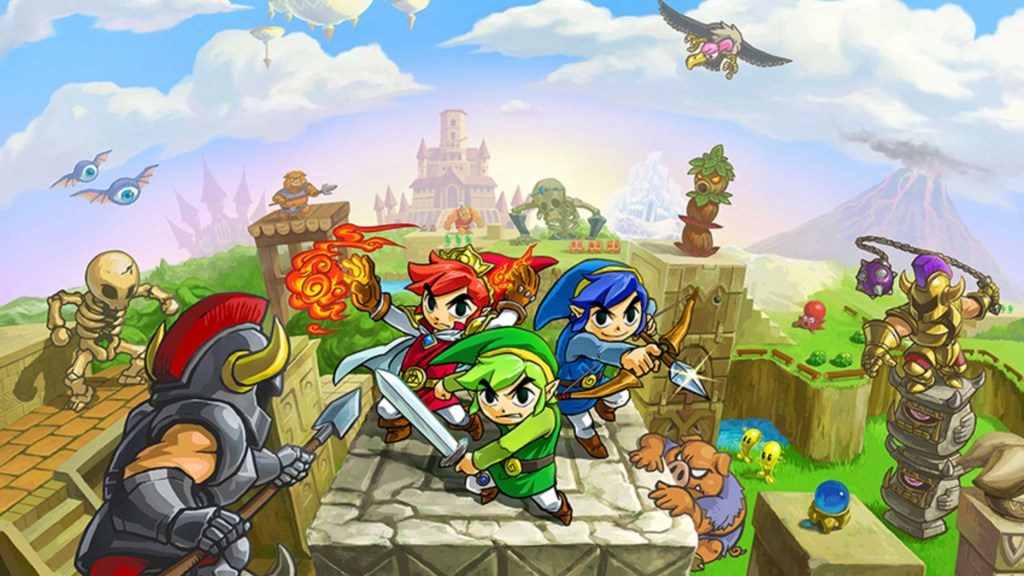
19. The Legend of Zelda: Tri Force Heroes
From a sheer accessibility standpoint, Tri Force Heroes is arguably the best way to experience a co-op Zelda adventure. It’s a standalone co-op Zelda title that offers both local and online multiplayer options as well as a fairly robust adventure that offers more hours of content than Four Swords.
Unfortunately, accessibility really is one of the biggest things this game has going for it. Its co-op campaign is filled with creative multiplayer puzzles, though some of them feel a little forced. Too much of this game feels designed to showcase the novelty of its multiplayer gimmicks rather than to explore how those gimmicks can enhance already great puzzles. Unlike another co-op Zelda game we’ll soon be speaking about, Tri Force Heroes also doesn’t do enough to explore the potential of cooperative Zelda combat.
To make matters worse, Tri Force Heroes’ single-player mode is painfully imbalanced, and the game doesn’t even let you play with two players (your options are three or one). I actually think this game is quite a lot of fun, but it too often fails to realize its full potential.
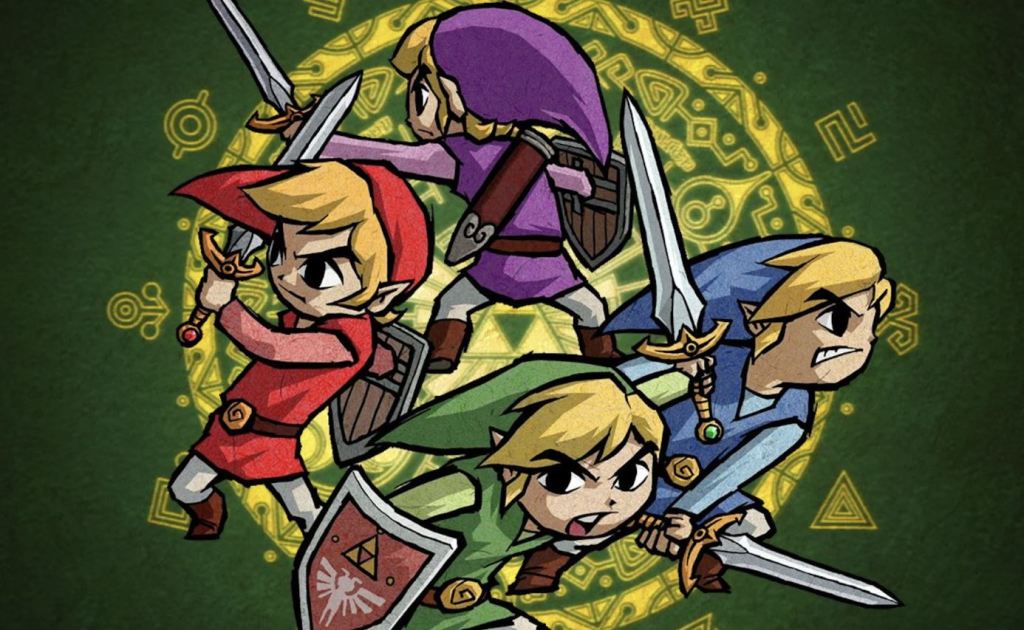
18. The Legend of Zelda: Four Swords Adventures
After praising Tri Force Heroes for its accessibility, it feels strange to start talking about Four Swords Adventures. After all, this is the game that required four Game Boy Advances, four humans, a GameCube, the game itself, and a fair number of accessories to be properly played. It’s probably the least accessible mainline Zelda game ever made from a logistical perspective.
Yet, I love Four Swords Adventures. In many ways, it feels like Nintendo’s most earnest attempt at figuring out what a proper multiplayer Zelda game should look like. Its story is surprisingly good, its campaign is substantial, and its co-op concepts are incredible. Few things in a Zelda game are more enjoyable than properly coordinating with other players in Four Swords Adventure and figuring out the game’s positioning-based puzzles and combat mechanics. Its solo mode was never worth buying the game for, but it’s there, and it’s a little better than you might think.
It’s truly tragic that there’s never been an easy way to enjoy Four Swords Adventures in its full glory. It’s a fantastic novelty that fits this all-time great franchise surprisingly well.

17. The Legend of Zelda: Oracle of Seasons
This is where the rankings get really tough.
Released in 2001 for the Game Boy Color, Oracle of Seasons was a companion piece to Oracle of Ages. The idea was that players would “link” both games together in order to create a kind of shared adventure from two standalone titles. Indeed, those two games often share a spot on lists such as this due to their similarities. However, they are different games.
Oracle of Seasons‘ main gimmick is the ability to change the current in-game season. Though that mechanic is largely used for puzzle-solving purposes, Oracle of Seasons is actually one of the more action-focused games in the Zelda franchise. That emphasis on combat makes Oracle of Seasons one of the better “gateway” Zelda games. It’s not necessarily easy or simple, but it’s a stunningly beautiful, straight-ahead example of many of the things that initially draw people to Zelda titles.
Compared to its companion (and other Zelda adventures), though, Oracle of Seasons lacks some of the subtler touches and deeper mechanics that elevate the greatest Zelda games. Even still, it’s the first “must-play” game on this list.
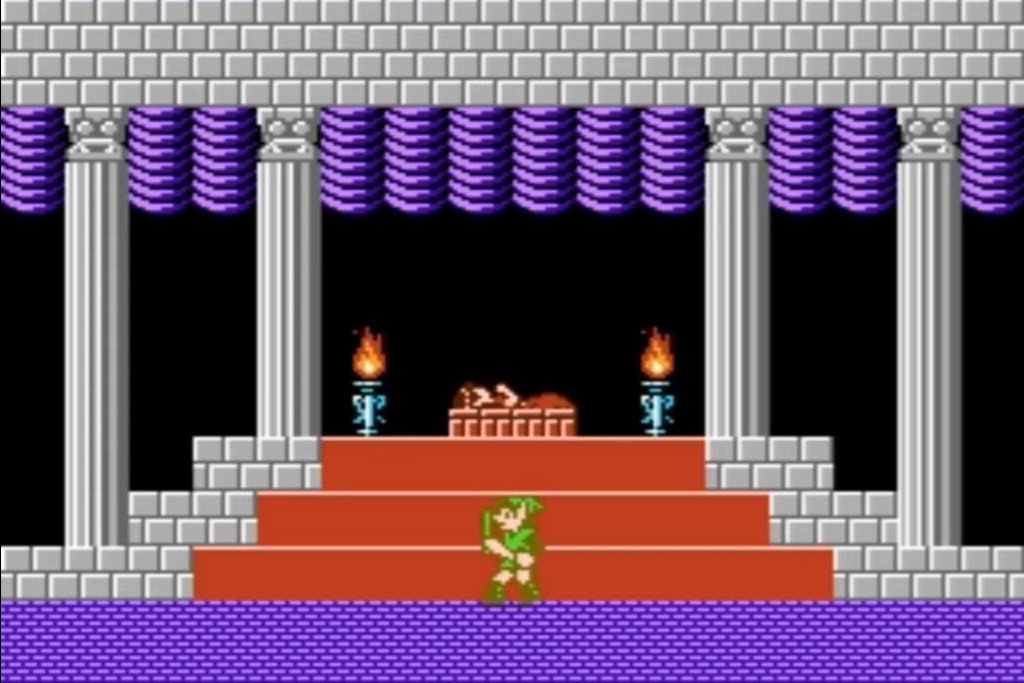
16. Zelda II: The Adventure of Link
With the notable exception of the dreadful CD-I titles, The Adventure of Link is often considered the black sheep of the Zelda franchise. It’s not hard to see why. There’s never been another Zelda game quite like this strange blend of 2D action, JRPG interactions, and platforming, and there probably never will be.
Adventure of Link’s ambition is the source of its greatest strengths and weaknesses. It’s an awkward game in many ways, but its almost ARPG-like design often touches upon the kind of deep, dark, and difficult Zelda game that fans still clamor for. It’s the kind of game you sometimes have to fight against, which is enough to rightfully turn off some gamers but not enough to give you permission to dismiss the things this game does so well.
Adventure of Link holds up to this day as both a curiosity and one of the NES’ most unique adventures.
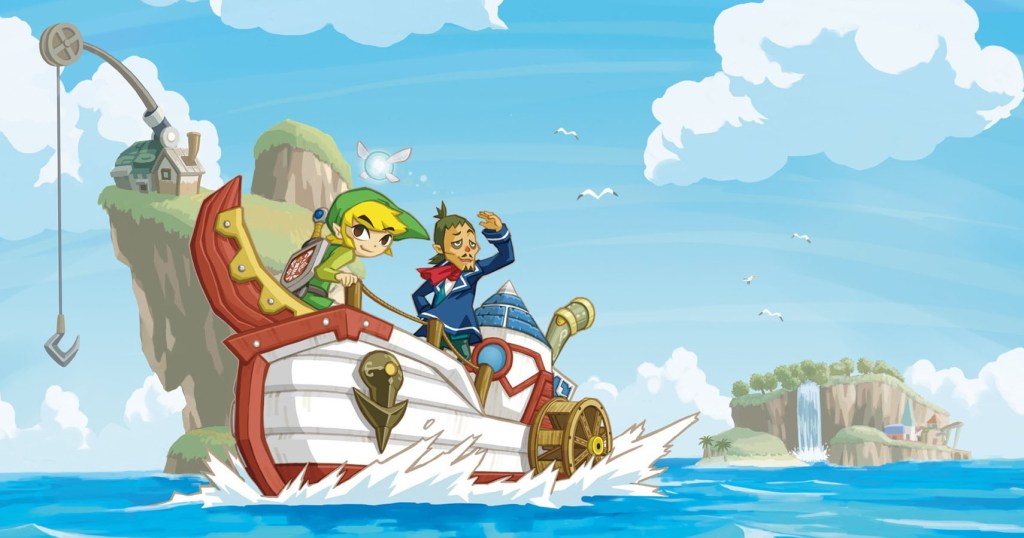
15. The Legend of Zelda: The Phantom Hourglass
You can’t always get Zelda fans to agree on the time of day, but Phantom Hourglass is generally seen as one of the weaker Zelda titles. It’s easy to understand why. This Wind Waker sequel not only emphasized that game’s sailing mechanic (a controversial feature in the first place), but it did so via an emphasis on some divisive touch-screen mechanics. Furthermore, the game’s use of a primary “central” dungeon resulted in quite a lot of backtracking as well as thematically weaker “sub-dungeons.” It’s a weird and sometimes annoying game.
However, Phantom Hourglass’ best attributes are simply not spoken about as often as its biggest flaws. Once you realize that the heart of this game is its navigation, it becomes much easier to appreciate the ways Phantom Hourglass offers a high-sea adventure. Navigating your boat with the use of a “hand-drawn” stylus map is an inspired design decision that just takes some getting used to. Give it a chance, and you’ll find that it’s actually quite exciting to discover what is on the next island or in that area you haven’t explored yet.
This is pretty far from a traditional Zelda game, and it’s also not the sequel Wind Waker truly deserved. However, it’s a fantastic little adventure in its own right.
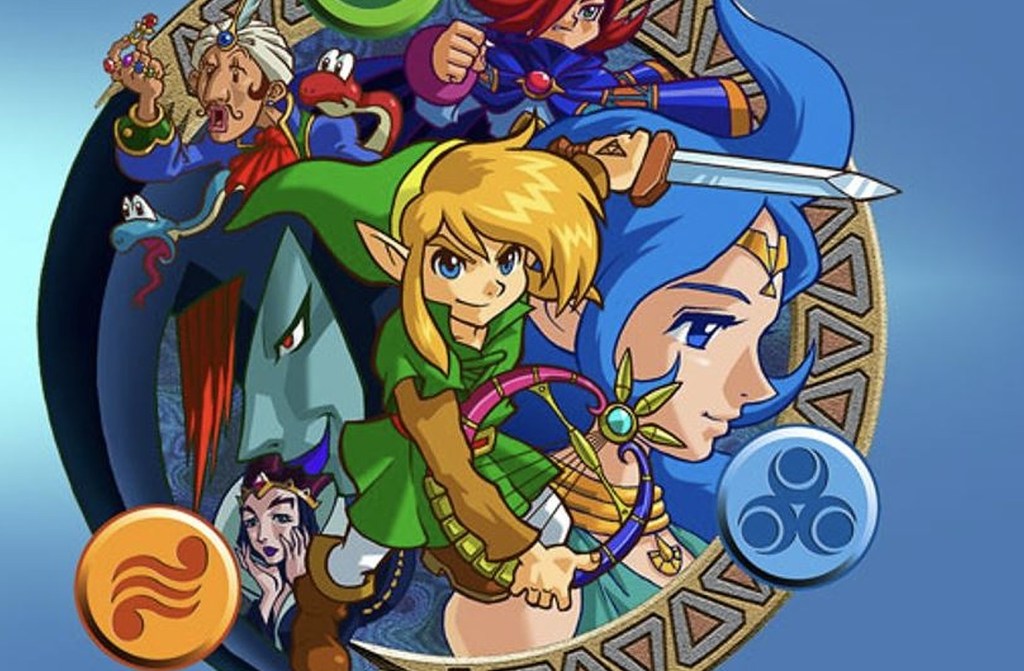
14. The Legend of Zelda: Oracle of Ages
Compared to Oracle of Seasons, Oracle of Ages’ biggest weakness is its use of a time travel mechanic. The time travel idea is implemented well enough, but it’s pretty familiar in the grand scheme of the Zelda franchise compared to the ability to change seasons. That same gimmick arguably made Oracle of Seasons the better-looking of the two games as well.
In nearly every other respect, though, Oracle of Ages is the better experience. It emphasizes puzzles over combat, which is a great decision given both the quality of puzzles in this game and the role that puzzles have played in forming this franchise’s identity. It also tells a truly wonderful and genuinely emotional story that every Zelda fan should experience in some way.
Ages and Seasons are often linked together for all the obvious reasons, but Ages really stands apart as one of Link’s finest handheld adventures.
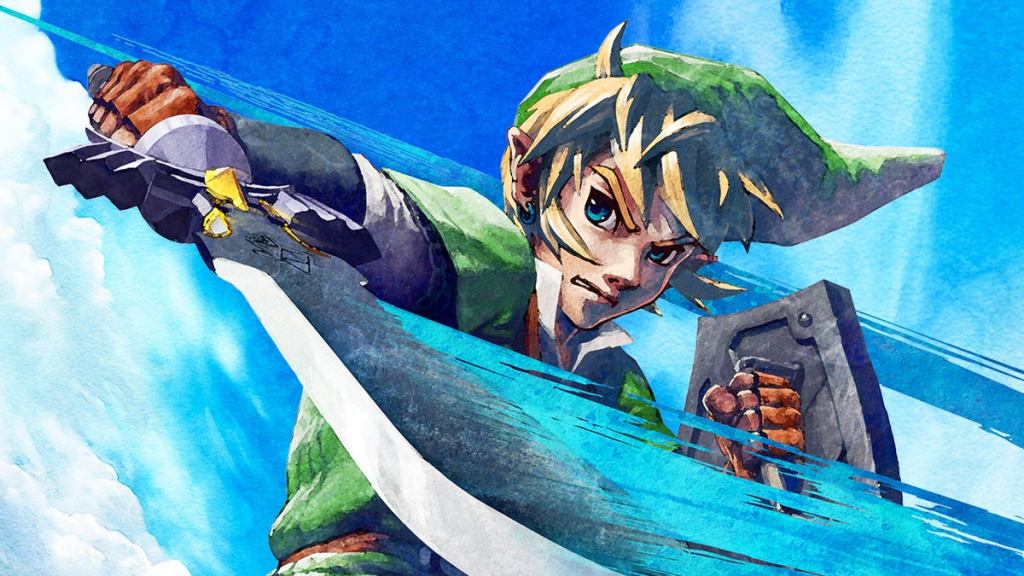
13. The Legend of Zelda: Skyward Sword
I once argued that it’s time for Zelda fans to forgive Skyward Sword. Of course, making that argument suggests that there are flaws in this game that needed to be forgiven in the first place. Well…there are. At the time of its release, Skyward Sword’s uneven pacing and wonky motion controls frustrated many fans. The later problem was partially addressed by the game’s Switch remaster, but the start and stop pacing, filler content, and annoying design decisions (most notably, Fi) remain some of this game’s most notable flaws.
In a post-Breath of the Wild world, though, Skyward Sword’s unabashed traditional Zelda gameplay feels better than ever. There’s a strong argument to be made that Skyward Sword boasts the best overall collection of dungeons in Zelda history, and its boss fights at least attempt to make the most of the game’s advanced melee combat. Meanwhile, the game’s interesting plot not only provides a much-needed Legend of Zelda origin story but one of the only true Zelda and Link love stories in the history of the franchise.
Skyward Sword is probably not your favorite Zelda game. It’s certainly not mine. Yet, there’s not a day that goes by when I don’t wish for a modern Zelda game that builds upon its best ideas.
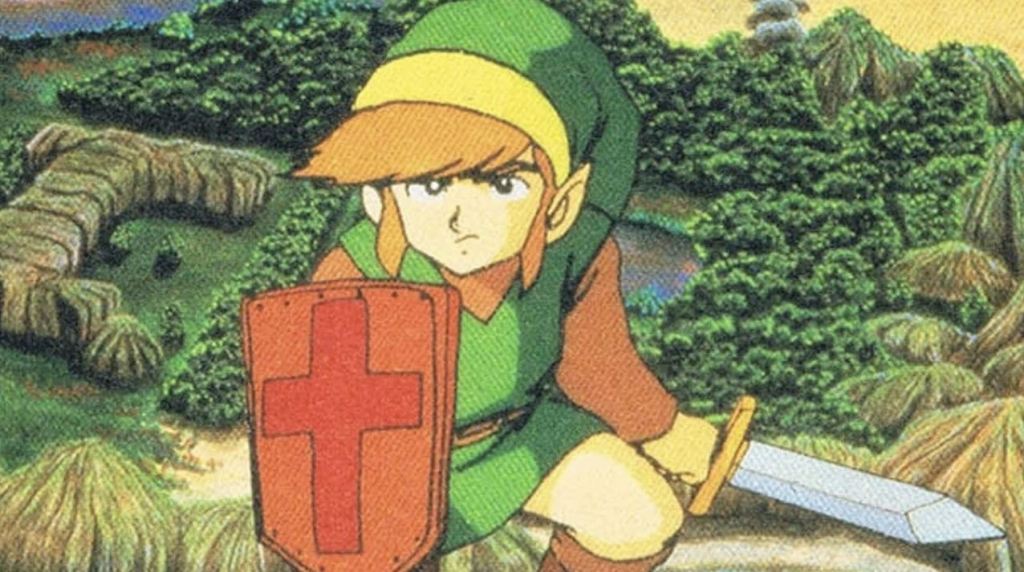
12. The Legend of Zelda
It honestly felt like there was no great spot for The Legend of Zelda on these rankings. Should it automatically grab a higher spot due to its obvious historical significance, or have the many ways this franchise has improved upon this title’s major concepts knocked it down a few notches?
I ultimately leaned towards the latter approach just a bit. The Legend of Zelda is indeed one of the most important games ever made. Play it today, and you’ll easily recognize how it laid the foundation for one of gaming’s greatest franchises. It’s also a product of its time in ways that other NES classics like Metroid, Super Mario Bros. 3, Mega Man, and Castlevania are not. It’s not really the standard that this franchise is still held to. That honor belongs to some other titles.
Anyone can play The Legend of Zelda now and be amazed by how clearly Nintendo saw the future of gaming. It’s an essential part of the evolution of the medium, and its slightly lower ranking on this list speaks more to the quality of the games it inspired.

11. The Legend of Zelda: Spirit Tracks
Like Phantom Hourglass, Spirit Tracks is a DS Zelda title built around a navigation gimmick. This time, though, you’re asked to guide a train around the land rather than navigate a boat across the high seas. Like Phantom Hourglass, Spirit Tracks is often outright dismissed due to its central gimmick. To be fair, I too feel that the basic train idea lacks that sense of adventure that the boat offered.
Yet, Spirit Tracks ultimately does so much more with its core premise than Phantom Hourglass did. You may literally be on rails in this game, but Spirit Tracks uses RPG-like towns, minigames, and sidequests to make every ride on the rails feel much more open than it ever should. More importantly, Spirit Tracks gets many of its core Zelda ideas right. The boss fights are incredible, the puzzles are creative, and Spirit Tracks drastically cuts down on Phantom Hourglasses’ backtracking despite its larger size.
In fact, Spirit Tracks is sometimes hindered by the Zelda name as much as it’s helped by it. If this game wasn’t burdened with certain expectations, it would be rightfully recognized as a fascinating experiment that gleefully tests the limits of a classic form of game design.
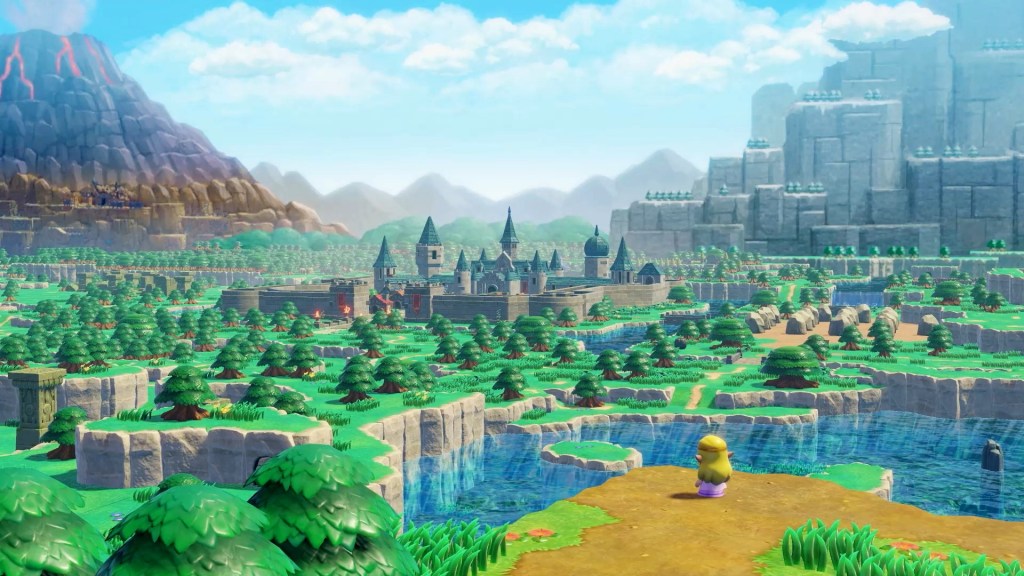
11. The Legend of Zelda: Echoes of Wisdom
It’s a tricky thing to recapture the classic and familiar while also positioning it in a way that it feels fresh and exciting, a balance that 2024’s The Legend of Zelda: Echoes of Wisdom deftly accomplishes on the Switch. Presented in the same general animation style and isometric perspective as the recent Link’s Awakening remake, Echoes of Wisdom puts Princess Zelda in the protagonist role for the very first time in a mainline Zelda game. After Link is swept into the extra-dimensional Still World, it’s up to Zelda to rescue him and save Hyrule as rifts into the Still World open up across her kingdom.
Armed with the Tri Rod, allowing her to create echoes of objects and monsters, Zelda finds herself on what is the most puzzle-oriented mainline game in the series to date. Only through summoning echoes can Zelda progress through this vision of Hyrule and its dimensionally altered dungeons, often relying on her echoes to engage directly in combat for her. With Echoes of Wisdom, Nintendo takes its biggest creative swing with The Legend of Zelda in years, and more than just with the protagonist swap. Fortunately, most of that swing connects on target.
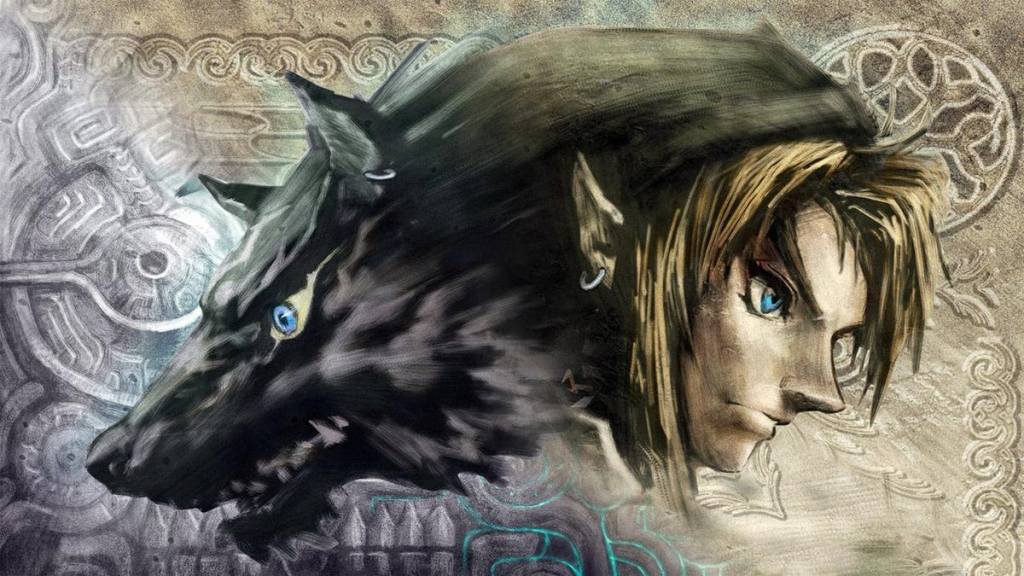
10. The Legend of Zelda: Twilight Princess
Released in the wake of the Wind Waker controversy, Twilight Princess was seen as something of an apology by many Zelda fans. It was that darker Zelda adventure that fans had clamored for. Yet, while “dark” is often the word that some still use to describe Twilight Princess’ tone and attributes, the word I prefer to use is “haunting.”
Twilight Princess takes those mysteries that have long been a part of the Zelda universe and infuses them into its narrative, world, and characters. This is a Zelda game that demands a fair amount of unpacking from more than just the usual lore hounds. There’s something sinister at the heart of this game, and the joy of the thing often stems from the thrill of shining a little light on this dark fantasy.
That said, the “Wolf Link” sections of the game fail to live up to their potential, and Twilight Princess’ massive world is tragically barren. Large sections of this game feel like filler, and the game’s many highs require you to endure some notable lows. Twilight Princess was never really the dream game some wanted to hype it up to be, but its nightmarish interpretation of the Zelda universe remains effective and alluring.
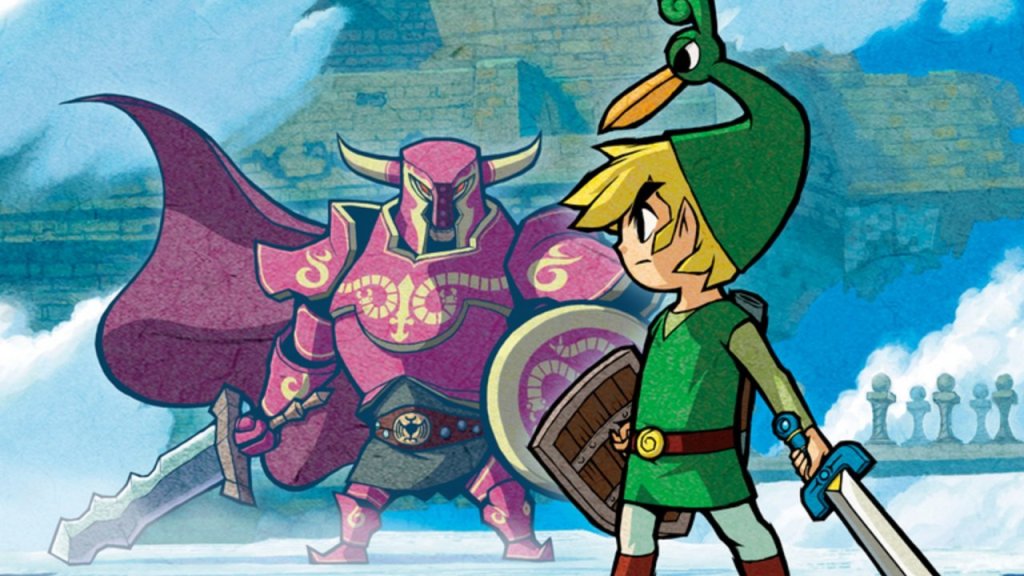
9. The Legend of Zelda: The Minish Cap
The most popular knock against Minish Cap is its short length. Well, I can’t argue against the numbers. Depending on your experience level, you can beat Minish Cap in 10-15 hours (if not less). That certainly puts it on the shorter end of a franchise famous for its epic adventures.
However, I prefer to think of Minish Cap as an injection of pure Zelda adrenaline. I don’t know what you love most about the Zelda franchise, but I do know that it’s all here. Built around the gameplay gimmick of being able to shrink Link down to the relative size of a bug, Minish Cap finds adventure in everything. Logs become fortresses, leaves become ships, and insects serve as massive bosses. The childlike joy Minish Cap finds in the smallest things works well with the classic concepts of epic adventure that often make the Zelda series feel so special.
Minish Cap works just as well as your first Zelda game as it does the Zelda game that will remind you why you love this franchise.
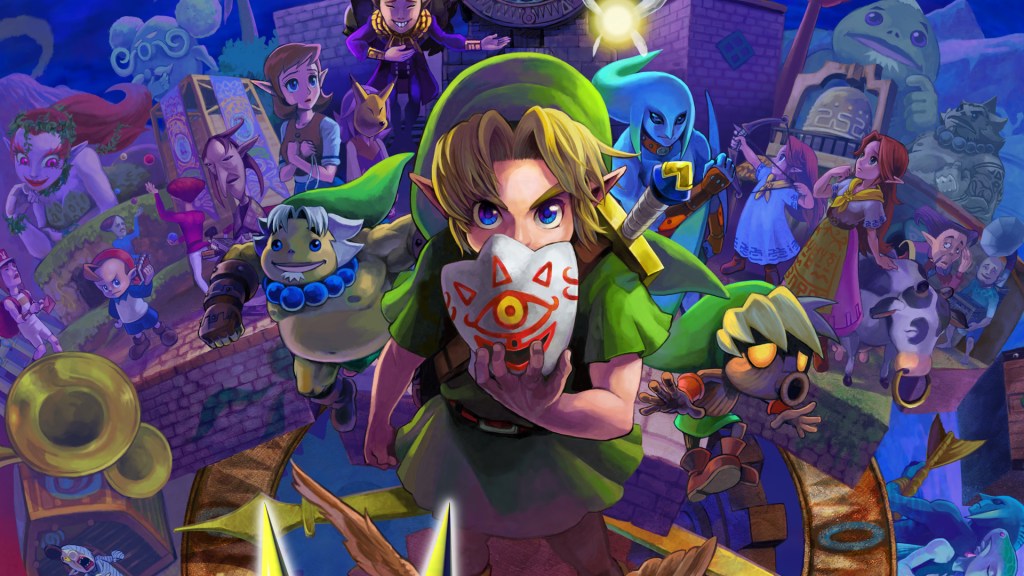
8. The Legend of Zelda: Majora’s Mask
For quite some time, Majora’s Mask was known as the Groundhog’s Day Legend of Zelda game. Now, we know it as a “time loop” game, which is a genre that has become significantly more common since this game’s release. Despite a significant increase in competition, Majora’s Mask still feels like one of the best examples of that concept.
Majora’s Mask’s central premise (trying to stop the end of the world in 72 repeatable hours) is as strong as ever. What really amazes me about this game though, are the many ways that premise both challenges and gels with the franchise formula. In a weird way, the way this game embraces the backtracking so many Zelda games demand allows you to really appreciate how our own experiences and failures turn us into better heroes of Hyrule over time.
Having said that, the act of playing Majora’s Mask can put a smudge on your shiniest memories of it. This is a pretty clunky game, and not all of its struggles can be attributed to the ambition of its concepts. This game is sometimes cruel in ways that don’t always feel like an extension of the natural repetition of the game. Even still, it’s hard to see this as anything less than an ambitious piece of art.

7. The Legend of Zelda: Breath of the Wild
One of the most divisive Zelda games ever made, Breath of the Wild isn’t quite the undisputed masterpiece its biggest advocates would have you think it is. Right from the start, many long-time Zelda fans questioned this game’s embrace of open-world survival concepts and its shunning of so many classic Zelda traditions. Truth be told, Breath of the Wild will sometimes leave you clamoring for the security of some of those franchise staples.
However, the greatest Zelda tradition of all is delivering a sense of adventure, and that’s one thing that Breath of the Wild does better than most other games. Not since the original Legend of Zelda has a Zelda title made you think “Wait, that’s possible?” quite as often as Breath of the Wild does. Experimentation is at the heart of this game. Solving a problem is always fun, but the real joy of this experience is found in the process of solving those problems rather than simply checking another task off your list.
Yes, Breath of the Wild probably would have been better off embracing a few more Zelda traditions. However, this remains one of the bravest and boldest attempts to kickstart the heart of a franchise by questioning nearly everything about it.
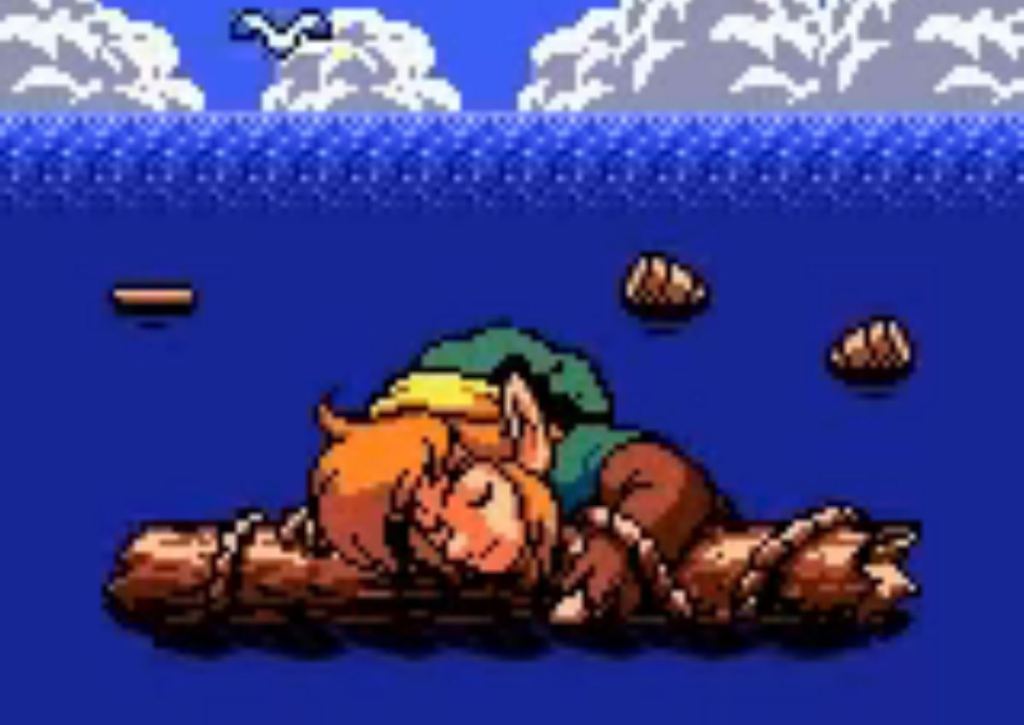
6. The Legend of Zelda: Link’s Awakening
I think that every conversation about Link’s Awakening has to start with the fact that it began as a Game Boy port of a Link to the Past. Out of that already daunting challenge sprung an even more incredible idea. What if Nintendo made an original Game Boy Zelda game that wasn’t just as ambitious as its console counterparts but actually more ambitious in many ways?
You can look at Link’s Awakening and find numerous ideas that wouldn’t become commonplace in Zelda games until years later. NPC side missions, musical instrument minigames, fishing, expedited item management…they’re all here. However, the most impressive things about Link’s Awakening are its many ideas that are still missing from larger Zelda titles. Most notably, Link’s Awakening features a wonderfully weird and truly deep storyline that ranks highly among the franchise’s beast and boldest narratives.
It’s hard to play this game and not be blown away by some aspect of it. How does a 1993 Game Boy game feel like one of Link’s most original adventures?

5. The Legend of Zelda: A Link Between Worlds
A Link Between Worlds uses familiarity as the bedrock for one of Link’s most original and daring adventures ever. While the game is clearly modeled after A Link to the Past, (it’s almost a remake in some ways), Between Worlds alters numerous aspects of the Zelda formula. Famous franchise conventions (such as acquiring important items solely through dungeons) are removed or replaced.
A Link Between Worlds forces you to retrain your Zelda brain, which seems to be the biggest thing about it that some fans just can’t get behind. Yet, for everything that this game changes, it’s a remarkably conventional Zelda title in many of the ways that matter most. Solving puzzles, navigating dungeons, exploring the overworld for secrets…it’s all here, but it’s all presented in ways that deny you the ability to fall back on what you already know. There’s an almost Metroidvania-like quality to the puzzle structure of this game’s world, and an almost Dark Souls-like approach to the way it forces you to reset your items when you die.
Yet, in a weird way, A Link Between Worlds caters to longtime Zelda fans most by denying them that more typical Zelda experience. This is a game that tries to recreate the feeling of figuring out your first Zelda game rather than simply recreating that exact experience.
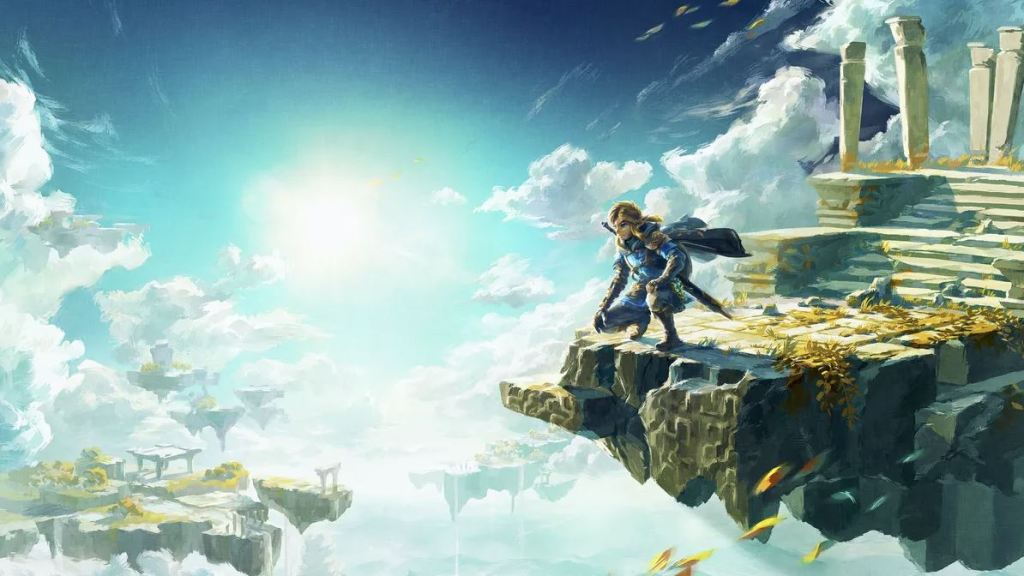
4. The Legend of Zelda: Tears of the Kingdom
Leading up to the release of Tears of the Kingdom, many fans were quite vocal regarding their concerns that the long-awaited title would be closer to Breath of the Wild DLC than a proper new Zelda game. Those concerns were more valid than some may care to admit. Early Tears of the Kingdom footage showcased a game that looked similar to Breath of the Wild in many notable ways. Besides, few fans could imagine how Nintendo would develop a proper follow-up to one of the most impactful games in recent memory.
Yet, so much of what makes Tears of the Kingdom brilliant can be attributed to the imagination of its fans. Tears of the Kingdom gives players access to some of the most elaborate creation and manipulation tools ever seen in a video game of this size. From there, it trusts us to not be overwhelmed by the countless possibilities but to be fueled by them. The only thing greater than the number of creative problems this game presents is the number of creative ways that you can solve them.
Though Tears certainly benefits from the inclusion of slightly more traditional Zelda elements and a greater amount of world activity than we saw in Breath of the Wild, it’s the ways you choose to play the game that will ultimately define its legacy. Thankfully, all roads lead to a truly unforgettable adventure.
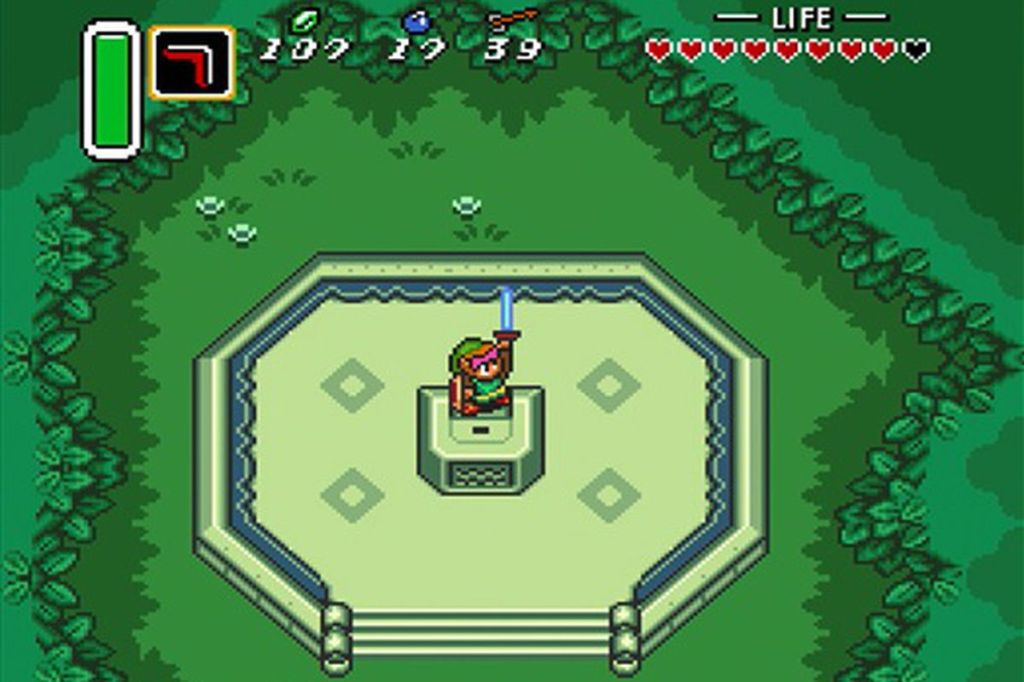
3. The Legend of Zelda: A Link to the Past
I previously called A Link to the Past the definitive Legend of Zelda experience, and I feel like it’s easy to fall back on that explanation when it comes time to extol this game’s virtues. This is the title that established or refined many of the elements of that Zelda formula that I’ve referenced throughout this article. Many Zelda games that followed were tasked with expanding its concepts or subverting them entirely.
However, A Link to the Past demands no historical context when you’re actually playing it. It was, and remains, a truly exceptional experience that taps into the heart of why we play and love these kinds of games. From its surprisingly cinematic opening sequence to its incredible mid-game twist that sends you into another world (and back again), A Link to the Past is the rare game that feels meticulously constructed enough to deliver setpiece moments, yet structured in a way that allows you to feel like you’re always discovering something no one else has ever seen.
A Link to the Past may very well be one of the few truly timeless video games. If anything, its potency increases every time you find yourself thinking of a great Zelda game and you realizing that, in some ways, you’re imagining the core elements of this title.
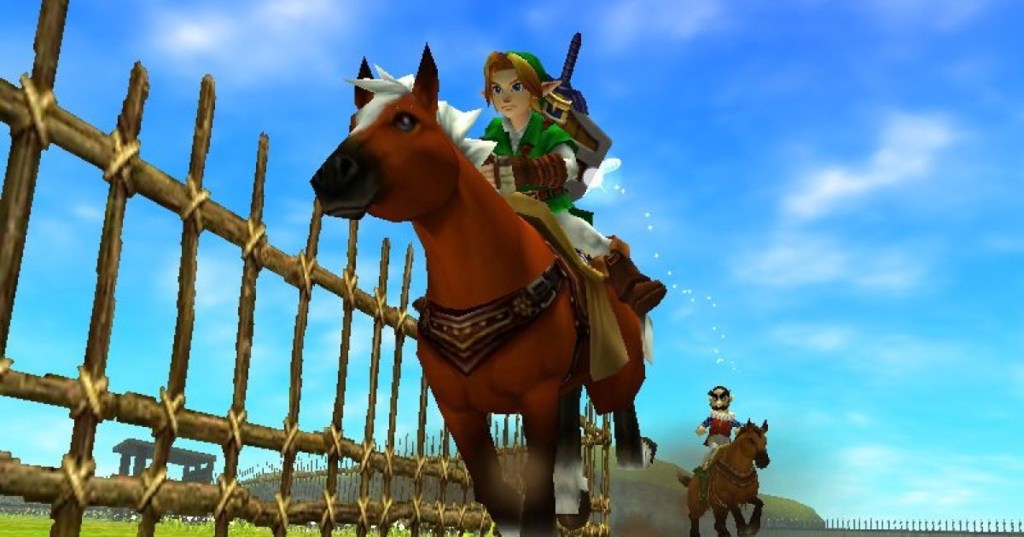
2. The Legend of Zelda: Ocarina of Time
For those who did not experience it for themselves, it’s difficult to describe the feeling of seeing and playing Ocarina of Time for the first time. We’d seen grand adventures before, and we’d recently been treated to movie-like cinematic experiences (such as the PS1 Final Fantasy games), but Ocarina of Time was different. It was a grand cinematic adventure that could be freely explored. From the moment you heard that haunting title screen music to the first time you cross Hyrule Field, you found yourself instinctively repeating “How is this possible?”
All these years later, I’m still not sure how to answer that question. We can easily recognize the machinations behind the all-time great dungeons (mostly), the unforgettable boss fights, and the countless secrets, but where did the Ocarina of Time team find such an ample supply of undiluted magic and how did they squeeze it all into an N64 cartridge? More importantly, how did the Ocarina team craft such a magical experience while solving so many of the logistical hurdles that made a 3D adventure like this seem impossible just a year or two before this game’s release?
To this day, Ocarina of Time remains synonymous with the idea of epic gaming adventures. Don’t fret if you never got to experience this game the first time around. Its remasters show why the standard this game set can’t be contained in a mere memory.
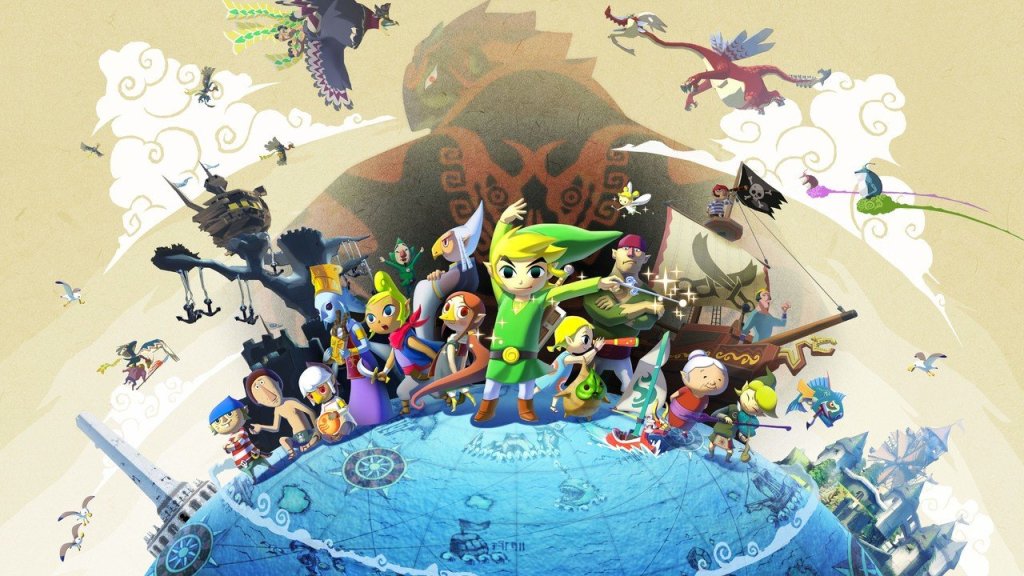
1. The Legend of Zelda: The Wind Waker
Some say that your favorite Zelda game is the one you played first. It’s a saying you hear about a lot of long-running franchises, and there is almost certainly some truth to it. However, Wind Waker wasn’t my first Zelda game. It wasn’t my second, third, or fourth either. Instead, it’s the Zelda game I think back to most often whenever I’m trying to find the words to describe not just what a Zelda game should play like but how a Zelda game should make us feel.
The Wind Waker’s once-controversial graphics not only provide it with a truly timeless look that complements its timeless gameplay but set the tone for what this experience really is. Wind Waker is a classic adventure that harkens back to not just the origins of the series but that desire to quest and explore that once inspired us to turn treehouses and pillow forts into entirely new worlds. Allow that childlike passion and wonder to fuel your journey through some of the very best bosses, dungeons, sidequests, puzzles, and combat that the Zelda franchise has to offer.
More than just the best of what came before, Wind Waker dares to be different in the ways that the best Zelda games often need to be. Its visuals and sailing mechanics are the most obvious examples of its deviations, but it’s the quality of Wind Waker’s narrative, world, and characters that always stands out to me. Though other Zelda games exceed in similar areas, Wind Waker sets a high standard in the ways it infuses so much personality and heart into even the smallest elements of its massive world and sweeping narrative.
In a franchise full of great games, the biggest compliment I can give Wind Waker is that it features so many elements of so many other incredible Zelda titles while offering qualities that you just can’t find in any of those all-time great games.
